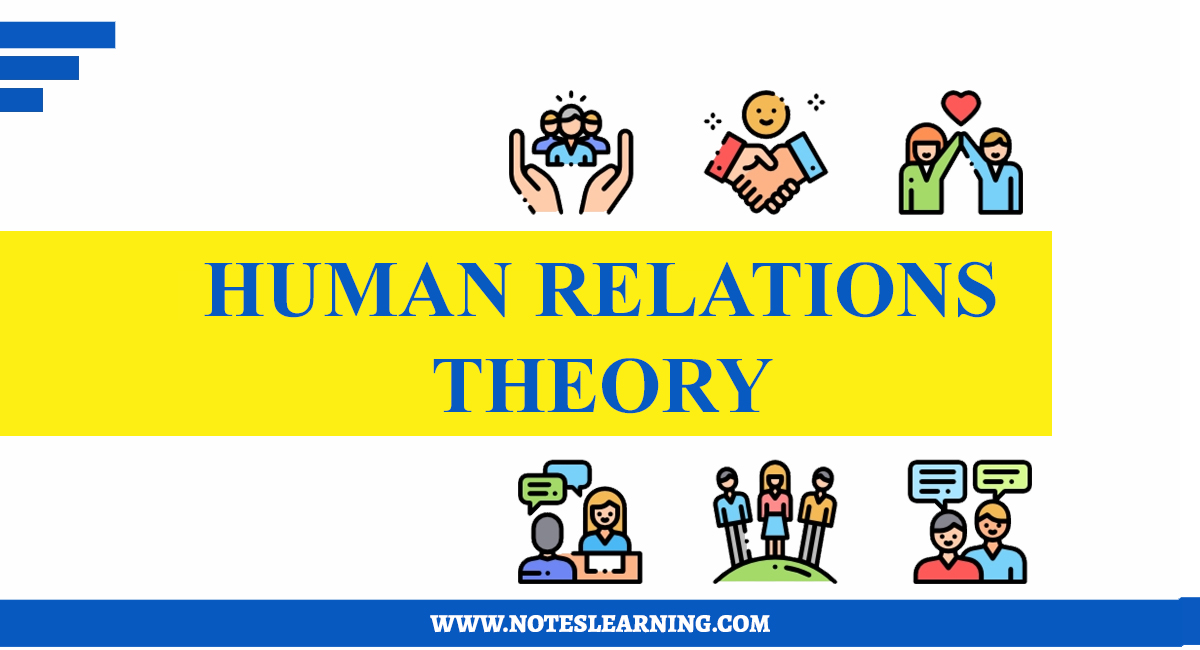Human relations remain a cornerstone of societal development, enhancing the tapestry of community life, and influencing the trajectory of human progress. The Bahá’í teachings provide profound insights into the dynamics of interpersonal relationships, inherently guided by principles of unity, equality, and love. This guide aims to elucidate the Bahá’í perspective on human relations, offering practical advice on fostering harmonious interactions with others.
1. The Foundation: Unity and Interconnectedness
The Bahá’í teachings emphasize the foundational principle of the oneness of humanity. This dictates that all individuals, regardless of their background or beliefs, are woven together in a complex web of interconnectedness. Recognizing this unity prompts an intrinsic respect for others, which is essential for constructive human relations.
In practice, this translates into a commitment to seeing beyond superficial differences. One should strive to appreciate diverse perspectives, understanding that each individual embodies unique experiences and insights. By embracing this interconnectedness, we cultivate empathy, enabling more profound and meaningful engagements with others.
2. The Role of Love and Compassion
At the heart of Bahá’í teachings lies the imperative of love. This is not a simplistic emotional response but rather a robust ethical stance that compels individuals to act in the best interest of others. Compassion fuels a respectful attitude in interactions, encouraging dialogue and openness.
In navigating human relationships, one should endeavor to extend kindness, not just in times of ease but especially during difficulties. This active approach to compassion fosters an environment where individuals can feel seen, heard, and valued.
3. The Importance of Consultation
Bahá’í teachings advocate for the principle of consultation as a means of collective decision-making and conflict resolution. This process is characterized by voluntary participation and mutual respect, creating a space for diverse voices to be heard. It emphasizes the importance of listening intently to differing viewpoints, thus nurturing an atmosphere of trust.
In practical terms, when faced with disagreements or decisions that affect multiple stakeholders, engaging in consultation can lead to innovative solutions and stronger bonds. The ability to discuss issues openly encourages the transcension of egocentric perspectives, paving the way for collective growth.
4. Developing Character Traits
The Bahá’í teachings stress the significance of personal development in establishing fruitful human relations. Attributes such as honesty, integrity, and humility not only elevate one’s character but also enhance interactions with others. A steadfast commitment to these traits signals reliability, encouraging others to engage openly.
Moreover, introspection and self-awareness are vital. Understanding one’s own motivations and recognizing personal biases can mitigate conflict and foster more authentic relationships. This self-reflective practice leads individuals to engage others with sincerity and transparency, strengthening bonds.
5. Overcoming Prejudice
Prejudice remains a pervasive affliction that detrimentally affects human relations. Bahá’í teachings champion the eradication of all forms of prejudice based on race, religion, gender, or socio-economic status. The call to transcend prejudiced attitudes necessitates a conscious effort to challenge and unlearn ingrained biases.
This involves actively engaging with diverse communities and seeking to understand different cultural narratives. Such engagement serves as a powerful antidote to ignorance. By dismantling prejudices, one can participate effectively in collective progress and cultivate deeper, more meaningful relationships.
6. Forgiveness and Reconciliation
Forgiveness is a pivotal theme within the Bahá’í framework for human relations. The ability to forgive and seek reconciliation underscores the acknowledgment of human fallibility. Engaging in this practice liberates individuals from the burdens of resentment, facilitating a return to harmony.
In situations of conflict, cultivating a mindset oriented toward forgiveness allows for healing and the restoration of relationships. It is paramount to recognize that reconciliation does not merely imply the cessation of conflict but rather the active reestablishment of trust and understanding.
7. Service to Others
Bahá’í teachings advocate for a spirit of service, characterized by a genuine desire to uplift humanity. This transcends mere social niceties; it embodies a zealous commitment to the well-being of others. When individuals prioritize service, they inherently begin to forge stronger connections with those around them.
This can manifest in various forms, such as volunteering for community work or simply extending a helping hand to a neighbor. Through service, relationships transform into platforms of collaboration, healing, and mutual support, reflecting the essence of human dignity and interconnectedness.
8. Cultivating a Global Perspective
The Bahá’í outlook extends beyond individual relationships to emphasize a global vision of humanity. Recognizing oneself as part of a larger, interconnected global community engenders a sense of responsibility towards humanity. This expansive perspective encourages individuals to view interpersonal relations as part of a broader quest for social justice and peace.
Engaging in dialogues that address global issues fosters an appreciation for diverse cultures and experiences. This comprehensive approach to human relations enriches individual lives and contributes significantly to the collective advancement of society.
Conclusion
Engaging with the principles laid out within Bahá’í teachings offers a profound blueprint for nurturing constructive human relations. By embracing unity, love, empathy, and service, individuals can forge meaningful connections that transcend superficial differences. As one cultivates these relationships, they partake in a collective journey toward social cohesion and global harmony, affirming the potential for humanity to thrive together.
